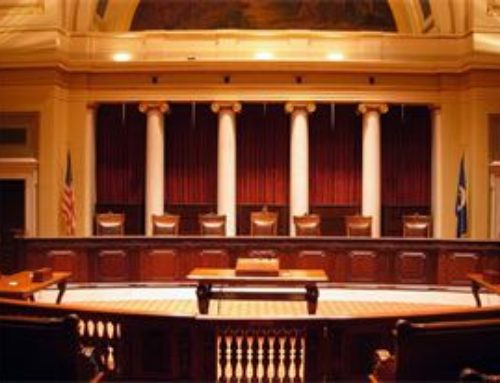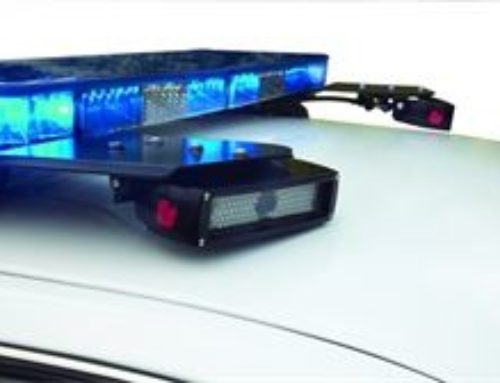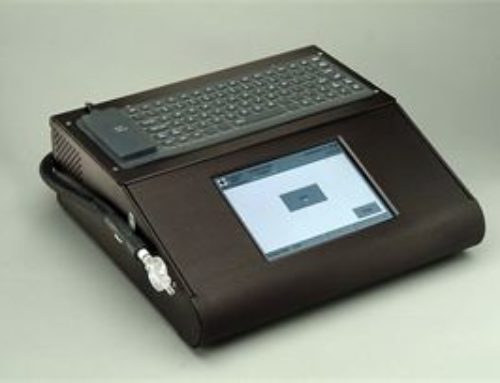In the unpublished decision of Rechtzigel v. Commissioner of Public Safety filed January 23, 2012, the Minnesota Court of Appeals reiterated that (i) drivers have no defense premised on a Miranda Rights violation in the civil DWI license revocation hearing (Implied Consent) and (ii) the Commissioner does not have to prove that the driver submitted to the alcohol test within two hours of driving as is the case in a criminal DWI trial.
Let’s examine each point in turn. First, the court mentioned that drivers have no remedy for a Miranda Rights violation in a civil license revocation hearing. If the police conduct an unconstitutional interrogation of a driver in violation of his Fifth Amendment rights against self-incrimination, the driver’s statements will be inadmissible in the criminal trial but fully admissible in the civil case. Thus, if the driver wins the criminal case but loses the civil case as a result, he will face the numerous civil penalties arising from a DWI incident, including license revocation, license plate impoundment, and vehicle forfeiture. In addition, the civil license revocation will be used by prosecutors to enhance any future DWI incident occurring within 10 years to a more serious offense. If the driver who was exonerated in the criminal case is charged with DWI within ten years, he still will face gross misdemeanor or felony DWI charges, including mandatory minimum sentences that increase exponentially based on the number of prior DWI convictions or license revocations. Hardly seems fair yet this is the framework that our legislature has created and our courts have upheld.
Second, the court reiterated that in the civil license revocation case, the Commissioner does not have to prove that the alcohol test was administered within two hours of driving, operating, or physical control of, the motor vehicle. The two-hour requirement, however, is present in the criminal statutes, whereby the prosecution must prove that a defendant’s alcohol concentration was 0.08 or more as measured within two hours of driving. Alternatively, the prosecution can prove that the defendant was driving, operating, or in physical control of, a motor vehicle while under the influence of alcohol. Typically, it tends to be difficult for the prosecution to prove driving while under the influence of alcohol because it is a vague standard. Consequently, the linchpin of DWI cases is the alcohol concentration and whether it reads 0.08 or more.
It seems logical that there should be a specific temporal requirement for alcohol testing in DWI criminal and civil cases otherwise the police have wide discretion to allege that someone was driving while impaired hours earlier. Moreover, the burden of proving any post-driving consumption of alcohol is placed squarely on the driver at trial. See Minnesota Statutes Regarding Affirmative Defenses in a DWI Case.
Based on this line of precedent, a driver can be tested for alcohol three hours (or more) after driving, and the police can proceed with criminal charges and civil penalties. Similar to the Miranda Rights issue, the driver may prevail in the criminal case yet lose the civil case. Is that justice?
In my view, the defenses available in the criminal and civil cases should be the same. An Implied Consent license revocation case is a quasi criminal case and by itself triggers a host of escalating criminal penalties for a future DWI incident occurring within 10 years. It is hard to conceive of another civil matter that enhances future criminal conduct in this manner. In fact, I cannot think of one. Apparently, that distinction is lost upon the legislature and courts.




Leave A Comment